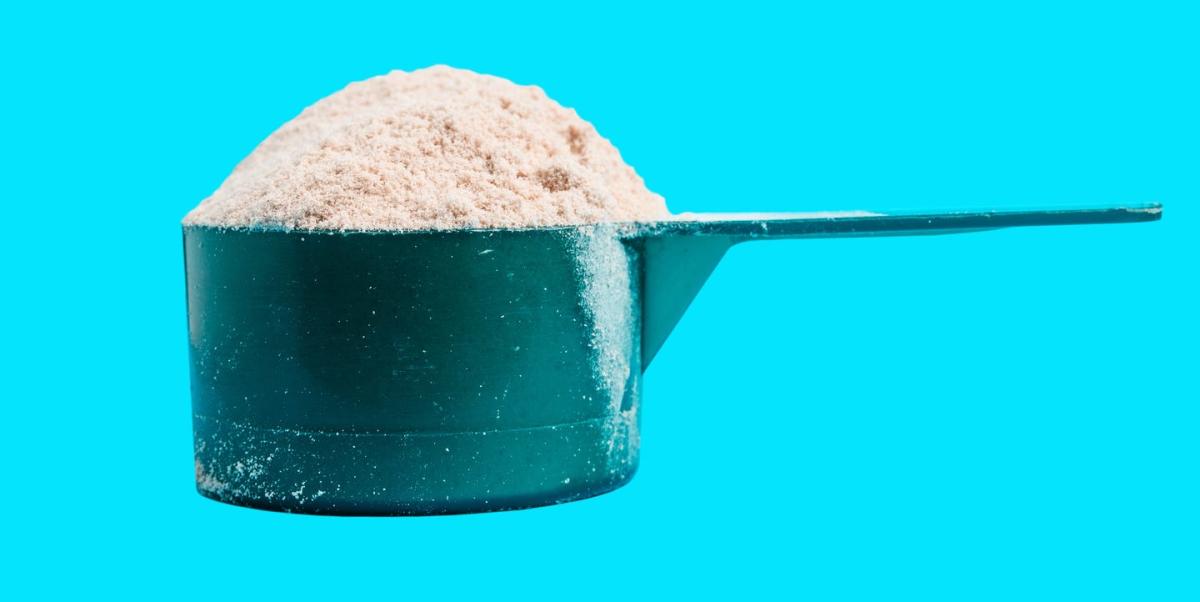The effects of creatine on mental health
Creatine isn’t solely about gaining mass at the gym—this well-known supplement may also enhance cognitive function. A recent study has connected creatine to better mental health, indicating it could contribute to overall well-being.
Researchers have discovered that creatine fuels the brain similarly to how it energizes muscles. Given that the brain is one of the body’s most energy-demanding organs, having additional creatine may enable it to operate more effectively. This is especially relevant for individuals encountering mental health issues, as diminished energy levels in the brain have been linked to disorders such as depression and anxiety.
Some studies even indicate that individuals with lower natural levels of creatine may be more susceptible to mood disorders. By taking creatine supplements, they could replenish some of that energy deficit and enhance cognitive performance. While it’s not a miraculous solution, it certainly represents a promising research area for those aiming to bolster their mental well-being through nutrition and supplementation.
So, if you’re already adding creatine to your post-exercise shake, you might be contributing more to your health than just enhancing your physique. Who would have thought a scoop of this could benefit both your biceps and your brain?
How creatine might assist with depression
In the fight against depression, creatine could be the unlikely hero that deserves attention. Researchers theorize that since creatine is crucial for energy production, it may help alleviate the fatigue and cognitive impairment commonly linked to depression.
Depression has been associated with decreased cellular energy levels in the brain, and creatine may serve as a potential energy source. It aids in the regeneration of ATP—the primary energy currency in the body—which could lead to enhanced brain function, a better mood, and potentially a decrease in depressive symptoms.
Research has indicated that incorporating creatine into existing antidepressant therapies might boost their effectiveness. It’s akin to providing your brain with an additional energy surge to optimize the efficacy of those medications. For those who don’t respond well to conventional treatments, creatine might offer a transformative alternative for mental health support.
Of course, this doesn’t mean abandoning professional guidance and relying exclusively on supplements. However, if you’re already blending creatine into your protein shake, you may be giving your brain the extra support it needs to remain sharp and resilient. Not too shabby for a supplement primarily recognized for gym benefits, right?
